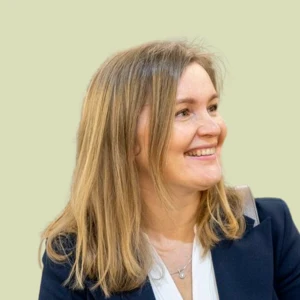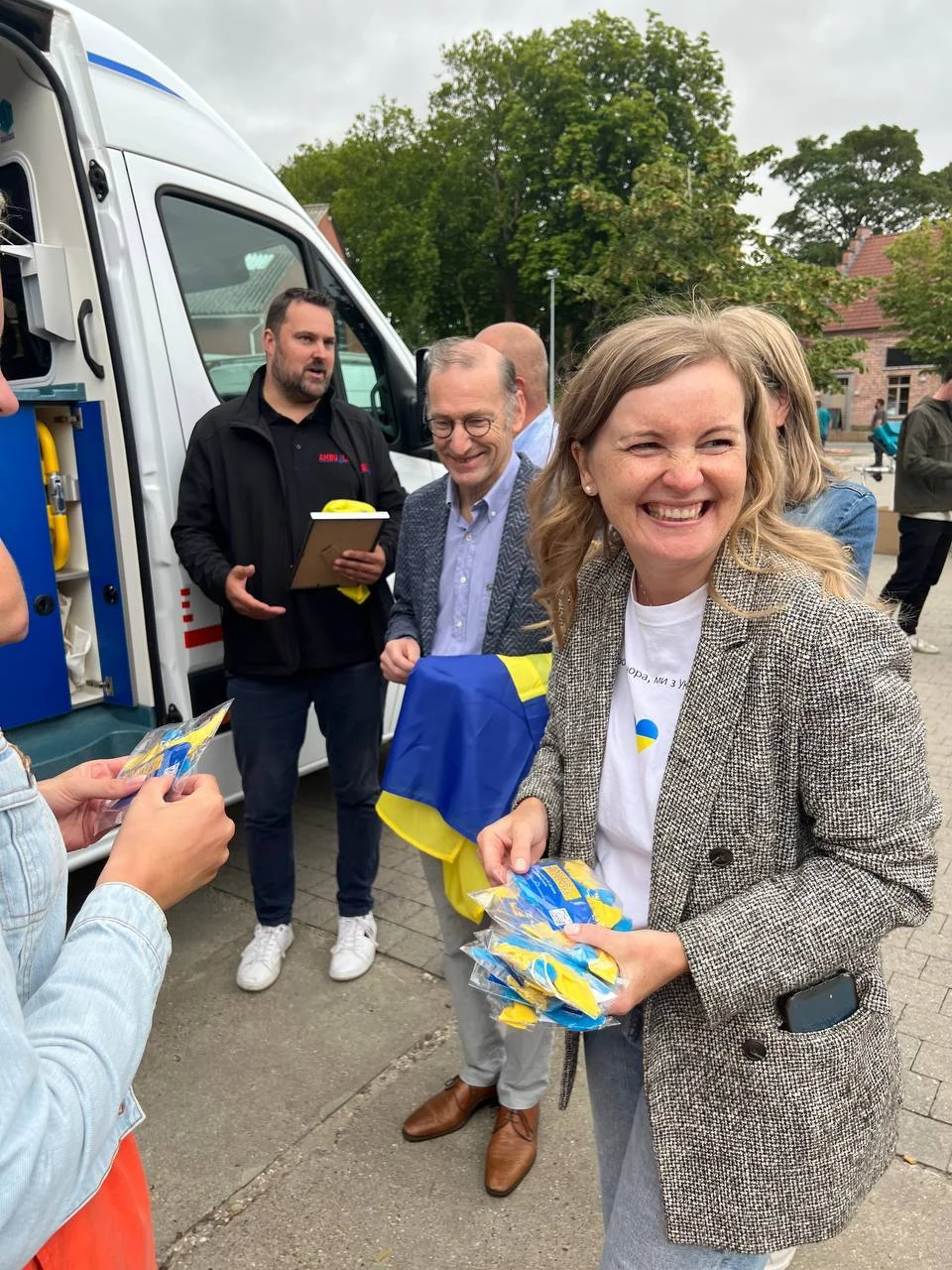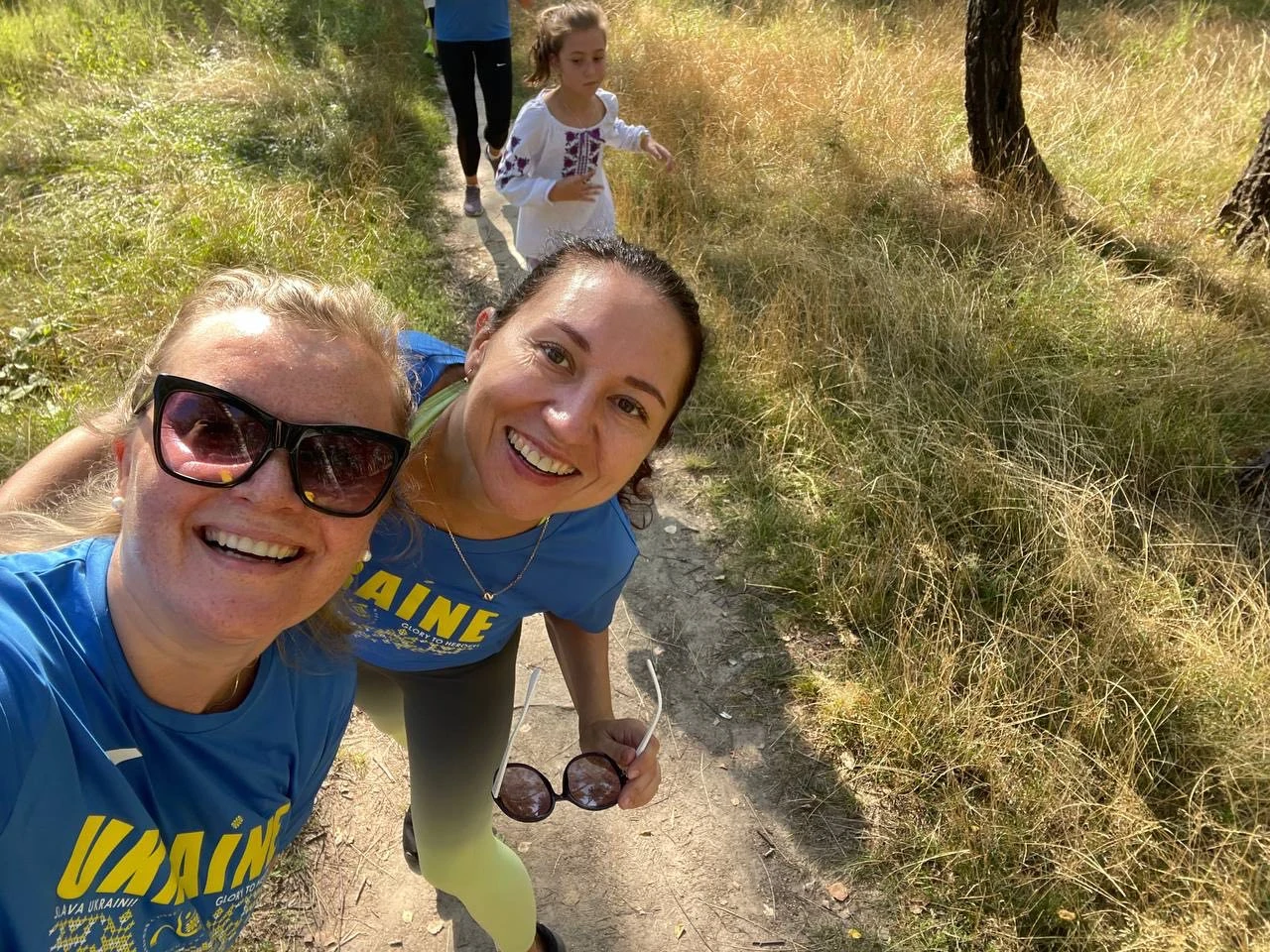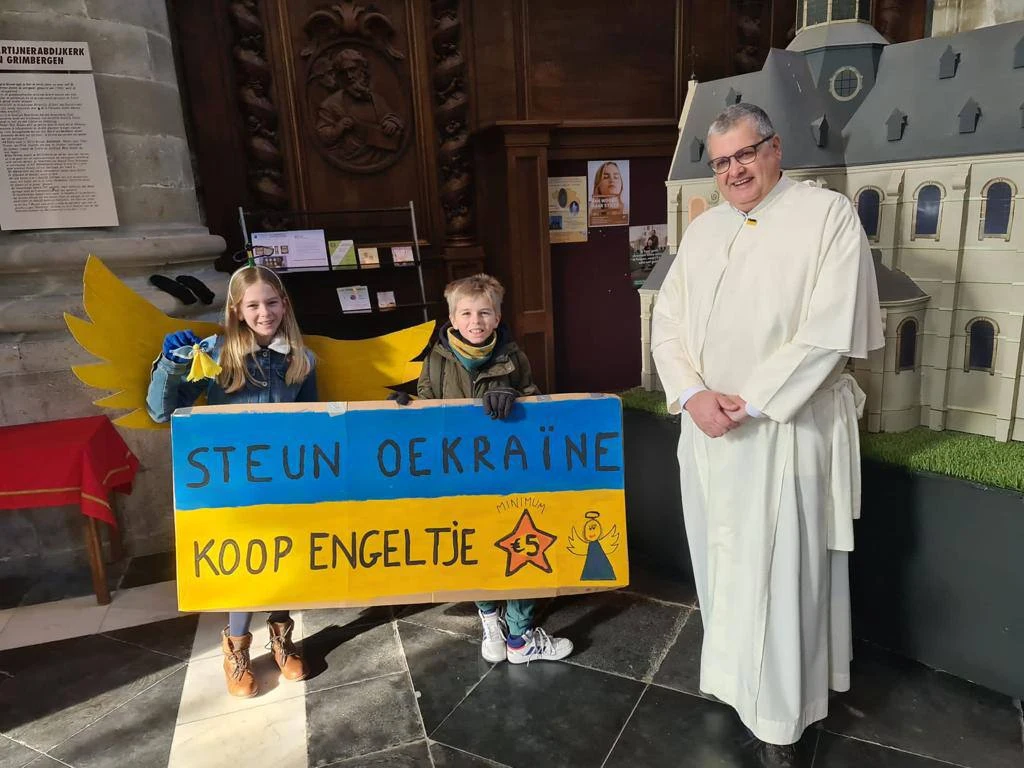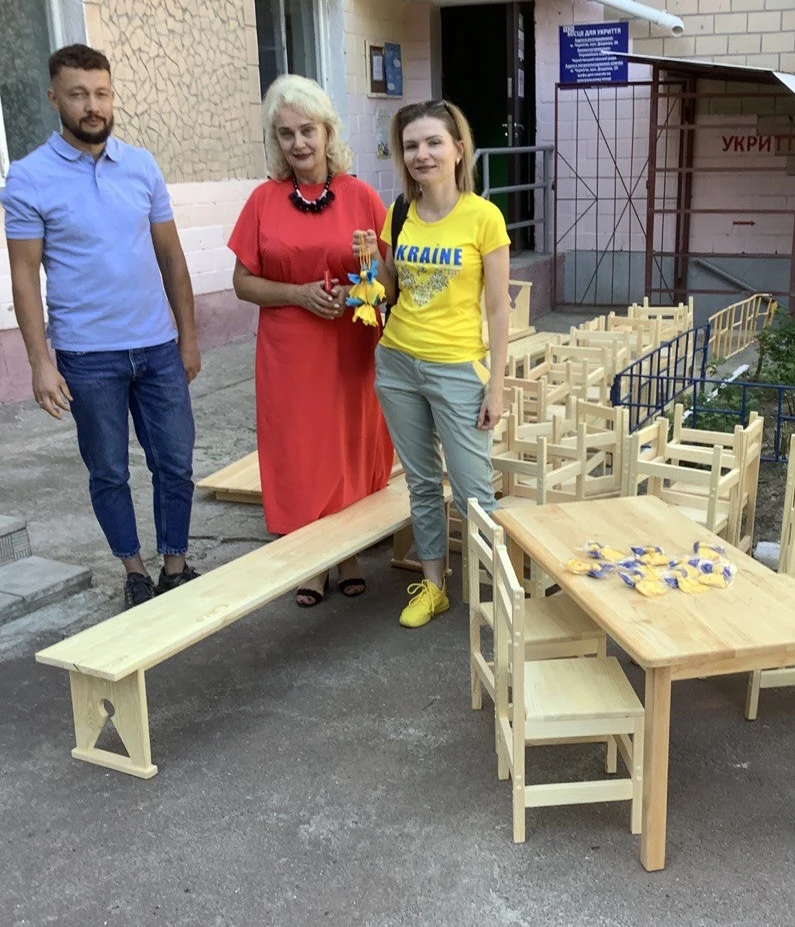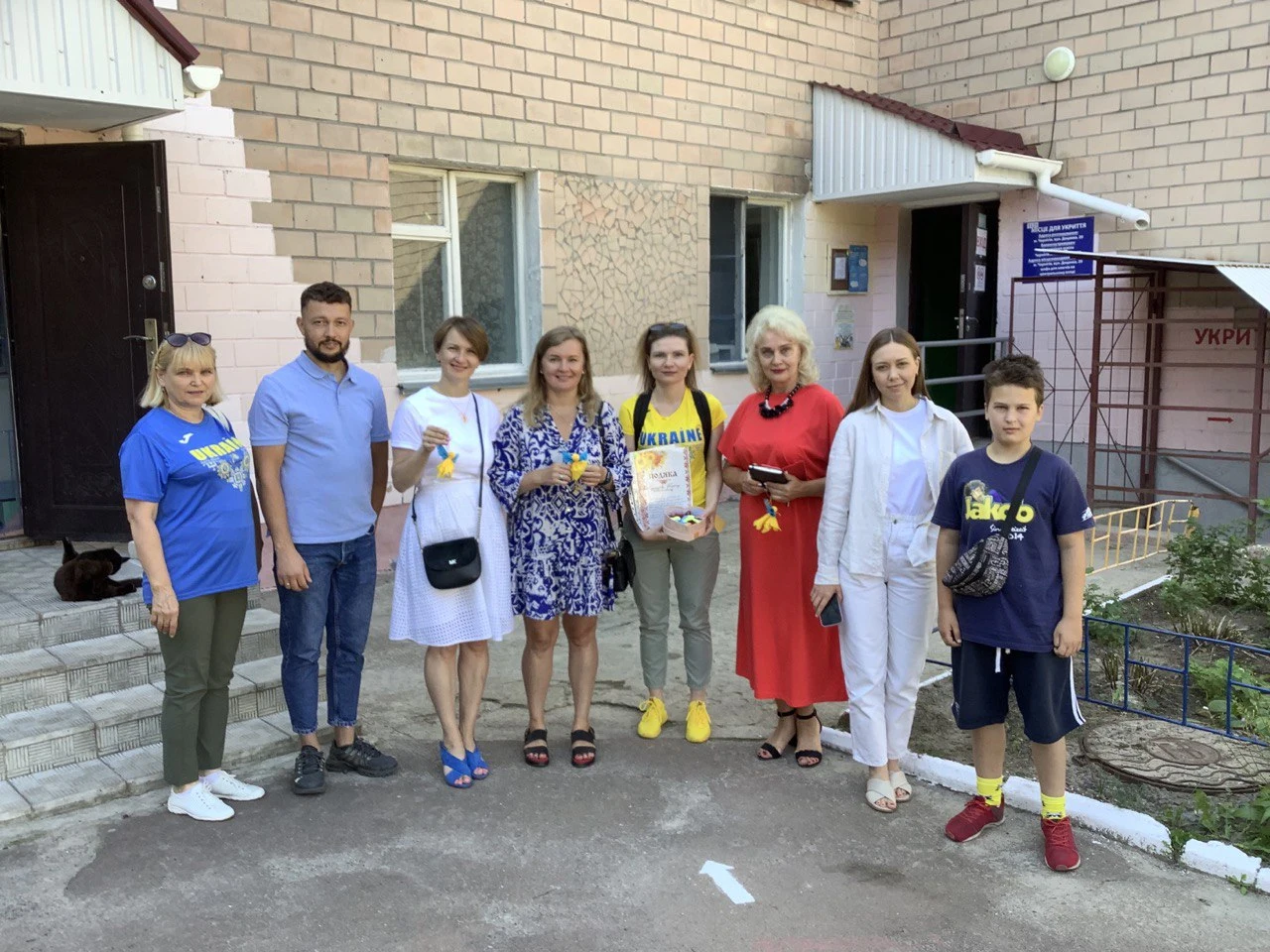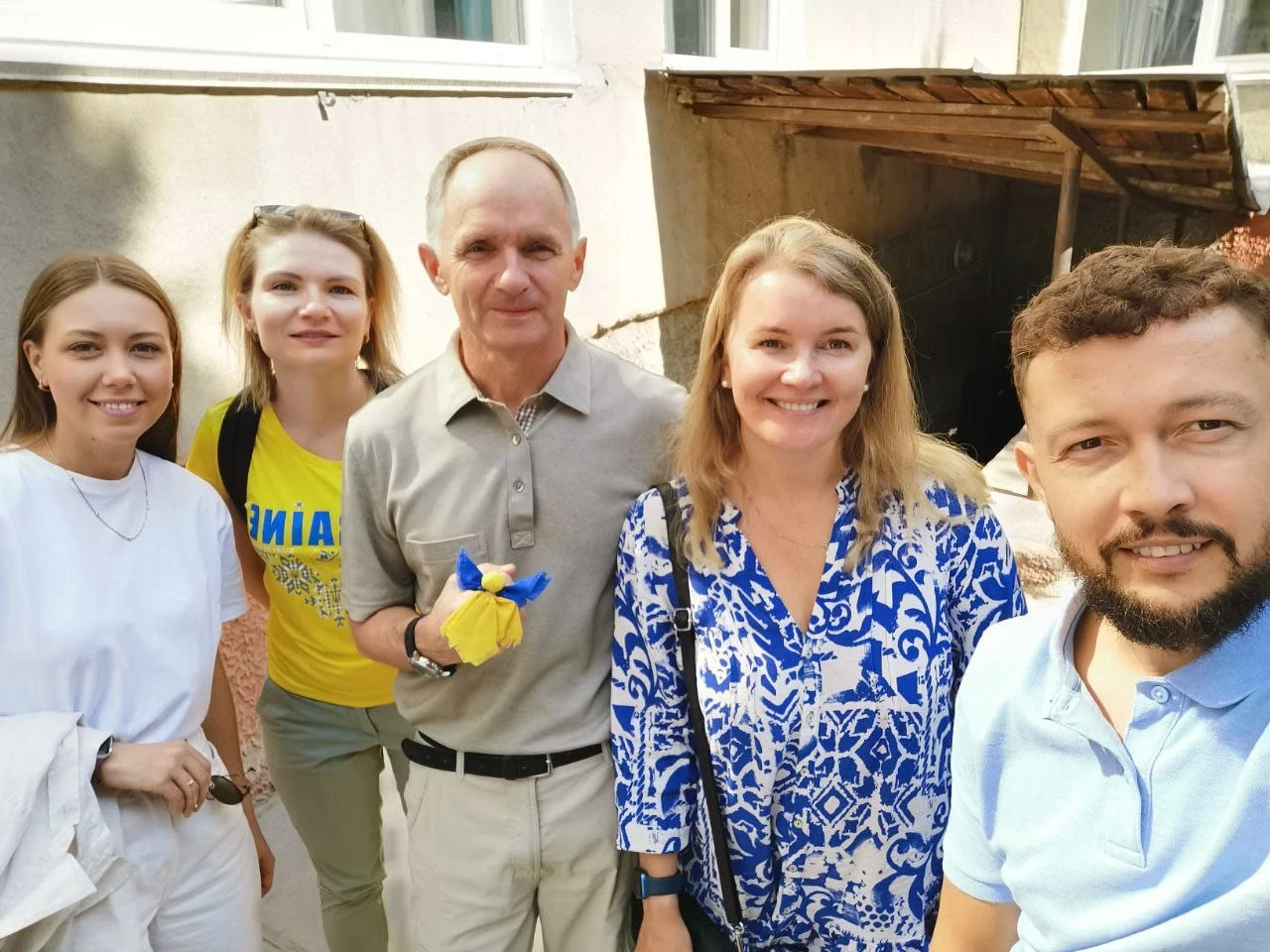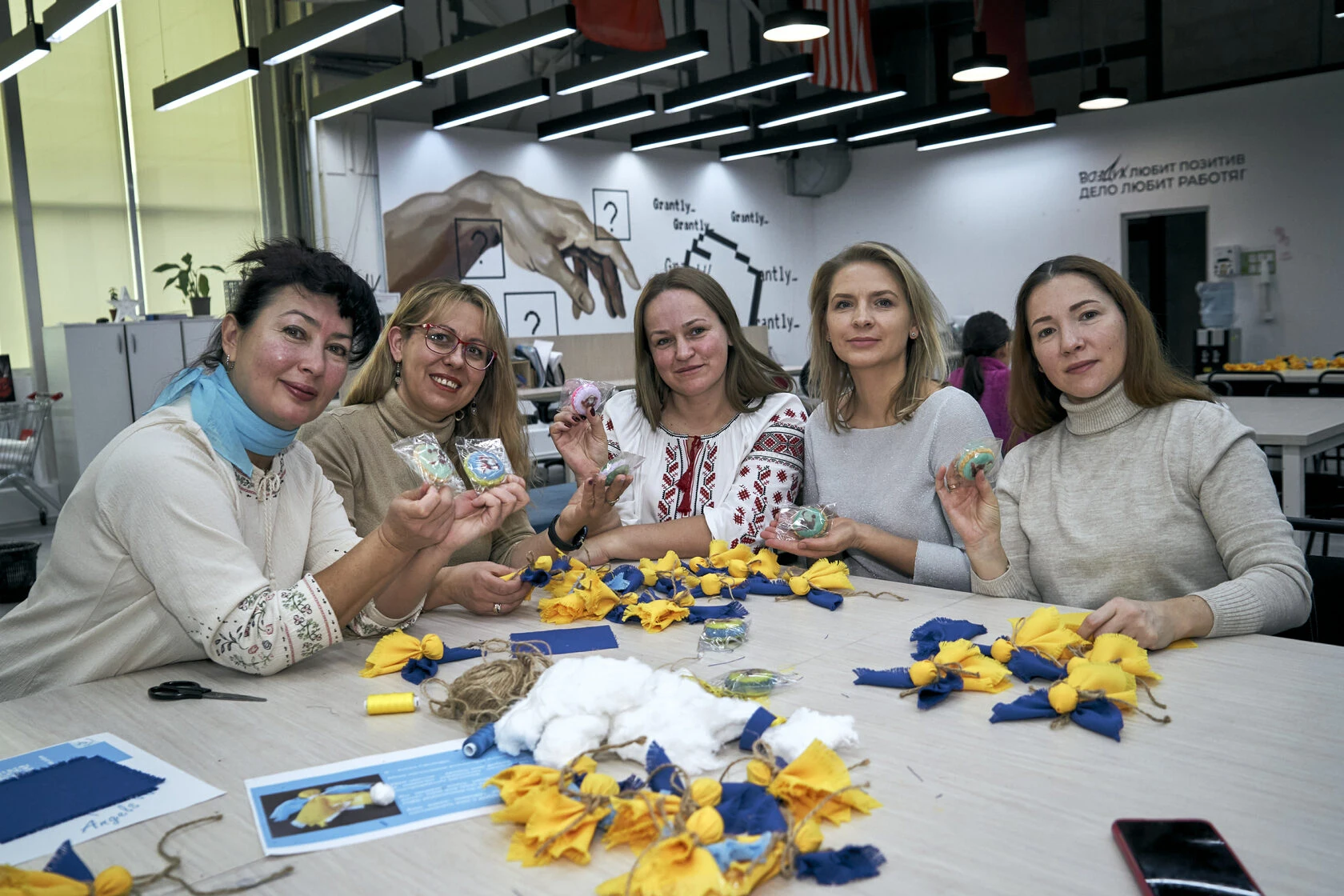— How did your volunteering activities start?
— For the first few days we were in shock and panic. We didn’t know what to do with ourselves in order to pull ourselves together, stop sitting and crying, and constantly calling their relatives. For the first few days we were in shock and panic. They didn’t know what to do with themselves in order to pull themselves together, stop sitting and crying, and constantly calling their relatives. Then one of my friends suggested collecting help for maternity hospitals in Ukraine. At the same time, a small note caught my eye that triplets were born in the Chernihiv maternity hospital on the first day of the war. This news touched me so much. Chernihiv at that moment was at the very forefront, the city was surrounded by Russian troops on all sides. I picked up old journalistic connections, called the management of the maternity hospital and asked how I could help. This helped me pull myself together. Feeling needed helped me survive those days. We collected warm clothes, personal hygiene products for mothers and babies, formula, and food. Many of my friends donated money to help. This is how my volunteering began. I had never been involved in the humanitarian field before.
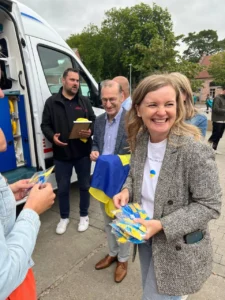
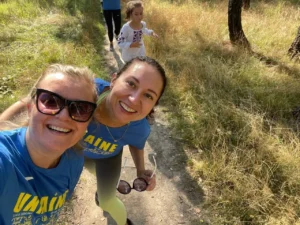
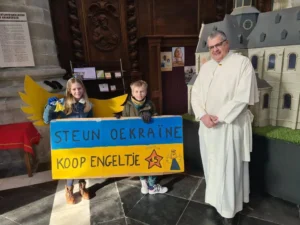
— Why Chernihiv?
— My entire family and close friends live in Ukraine. This is my home, my homeland. I come to Chernihiv at least twice a year, despite the fact that for the last few years I have been living in the Belgian city of Ghent.
— Did you manage to quickly collect first aid?
— Yes, I actively started running my Facebook page, talking about how Chernihiv lives now, how my parents are holding up, what kind of help people need in the destroyed city. People readily responded. My whole house was littered with people carrying things, everything I needed. The doors of my house did not close from morning to evening. I’ve never seen such responsiveness. The priest of Grimbergen Abbey, Father Karel, helped transport the things to the Ukrainian border. Our large-scale cooperation began with this event. Afterwards, they helped with the evacuation of residents of areas that came under fire and collected donations. This year, a limited-edition beer was released especially for Christmas; all profits will be used to help Ukraine (note: in Grimbergen Abbey, monks have been brewing the famous Belgian beer for almost nine centuries).
— How was the idea of helping schools and kindergartens born?
— Three months after the start of the war, I devoted 15 hours a day to collecting help. In April-May 2022, the situation calmed down a little, we exhaled a little. There was a lot of destruction in Chernihiv, it was unclear how to help and where to even start. People were in great trouble. Just like with the maternity hospital, I came across a note about the number of destroyed schools in Chernihiv. This is where the “Angels of Freedom” project essentially began. In May 2022, my sister returned to Chernihiv after evacuation. I asked her to go and see the condition of the schools. The scale of the problem became clear: windows were broken by the blast waves, and the children of Chernihiv were sitting in basements. We compiled an initial list of five or six schools that did not require large-scale investments to help, and fundraising began.
I am very glad that such active people live in Kazakhstan. I am grateful to all those who put a part of their heart into these angels. Sometimes I watch videos from Kazakhstan: the tolokas they organize are so cool, it brings tears to my eyes. In my whole life I have never seen such cohesion and unity of different countries.
— How did the symbol appear — motanka dolls in the form of an angel in the colors of the Ukrainian flag?
— I saw yellow-blue motanka dolls from a classmate. I asked her what it was. She told how she and her children made angels and sold them for a donation at the church. I really liked this idea then. My sister and I developed a concept, made instructions for making angels, made a website and began to attract people who wanted to help, first we looked for them among friends and acquaintances.
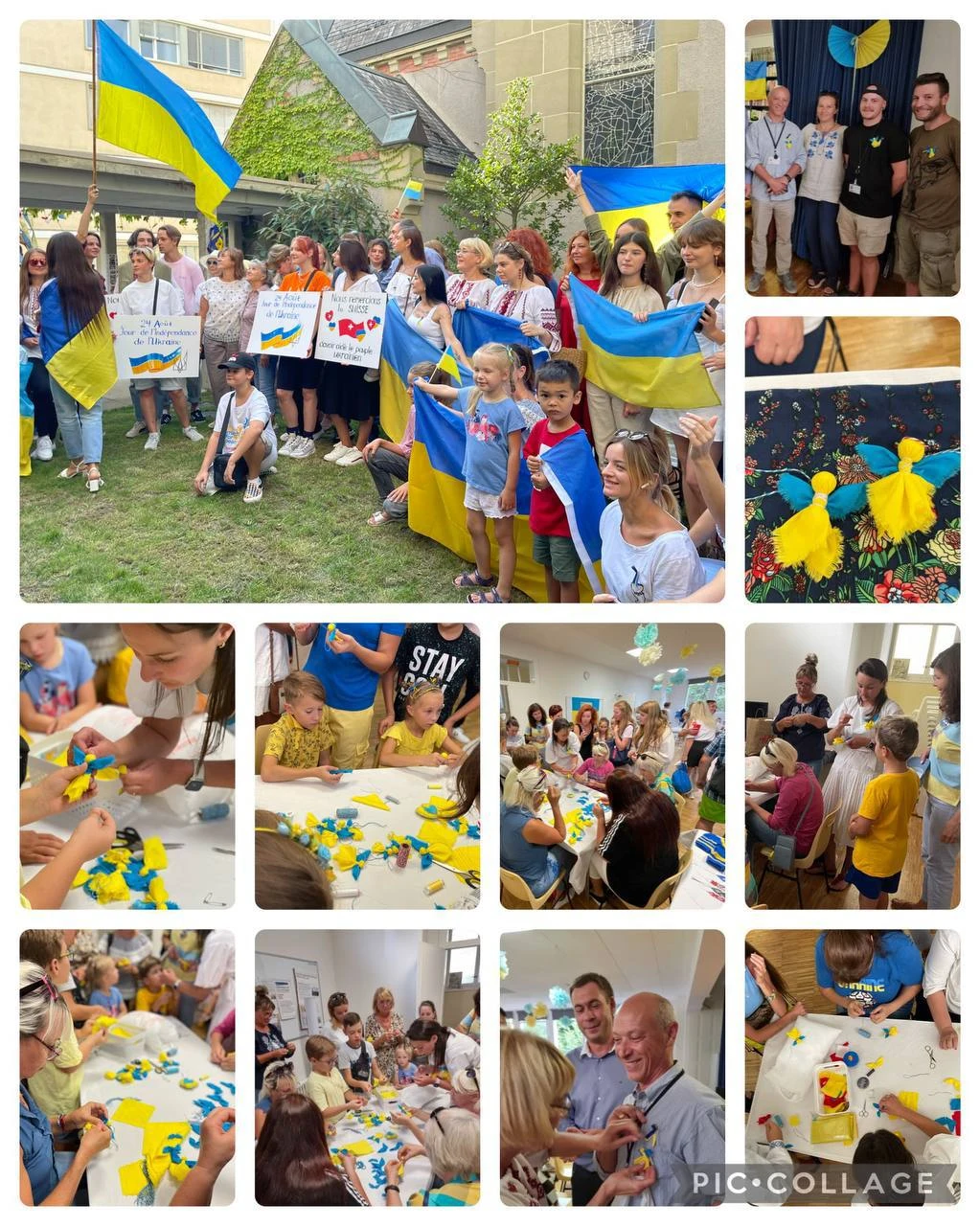
— How did you manage to involve other countries in the action?
— Many Ukrainians have dispersed around the world. We put out a call to find out if educational institutions in Europe, America, and Canada are ready to join the fundraiser for the restoration of a particular school in Ukraine. The amount in question was 20 thousand dollars. We raised money for the first school using literally only personal contacts. Then larger organizations, schools in Belgium, Switzerland, Italy, and Spain joined the action.
It is so important for Ukrainians to know that they are not alone. There is no small participation, all help is incredibly important: from a small donation to a conversation in the kitchen in support of Ukraine.
— What stories related to the fundraising do you especially remember?
— There were a lot of them. I know that one pensioner from Europe asked all his loved ones not to give gifts for his anniversary, but to transfer money to the “Angels of Freedom” fund. There were also children from Germany who broke their piggy banks and used what they had saved up for six months not to buy a game console, but transferred it to help our project. Their mother wrote a very touching letter, attaching photographs. It was a very valuable 116 euros.
— How many schools were you able to help at the first stage?
— We managed to launch five large schools. At that time, our collections were almost the only hope: there was no money from the city budget, there were no large helping organizations, everything was destroyed. We were the very first to restore school No. 35 in the residential area of Chernihiv — Masany, it was very badly damaged during the shelling, its windows were broken. We collected from literally all over the world for this school. We were so passionate about this idea that we managed to pull off the fundraising, although initially there were doubts about whether it would work. Then there was school No. 14, No. 27, and school No. 6 — we made a shelter for them. It should be noted that we very carefully double-check all estimates and find cheaper options so that all the money collected is used as rationally as possible. Working with us in Chernihiv is Serhii Dikalov, a volunteer we have known since the beginning of the war. He has a ton of experience in construction and does estimating, supervising contractors and doing a ton of work on site. Roughly speaking, we are looking for finance, and Serhii is doing the work on the spot.
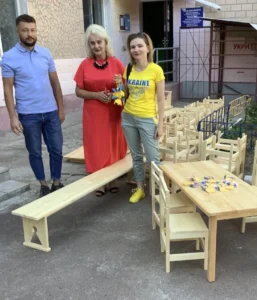
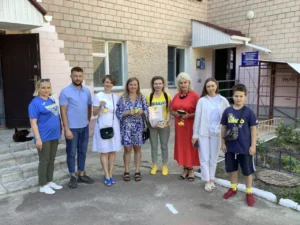
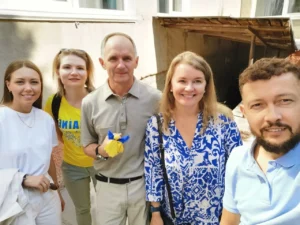
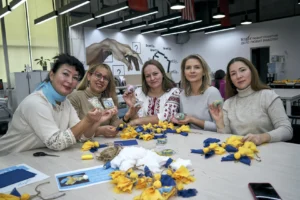
— In Kazakhstan, a whole foundation — “Angels of Freedom” — with dozens of volunteers all over the country emerged from the action of making motanki dolls. How did you feel when you saw such support?
— I am in shock at how this action has developed in Kazakhstan. It is an incredible effort of local volunteers — Iryna Semenchuk, Yevgeniy Ribalko and their team. I am very glad that such active people live in Kazakhstan. I am grateful to all those who put a part of their heart into these angels. Sometimes I watch videos from Kazakhstan: the tolokas they organize are so cool, it brings tears to my eyes. In my whole life I have never seen such cohesion and unity of different countries. If it were not for this support, I would not have been able to stand it. It is this support that gives me an incentive to move forward and help. The situation with schools, kindergartens and shelters in them is still very serious. Children sit in these basements for hours. It is so important for Ukrainians to know that they are not alone. There is no small participation, all help is incredibly important: from a small donation to a conversation in the kitchen in support of Ukraine. With that kind of support, everything will work out.
